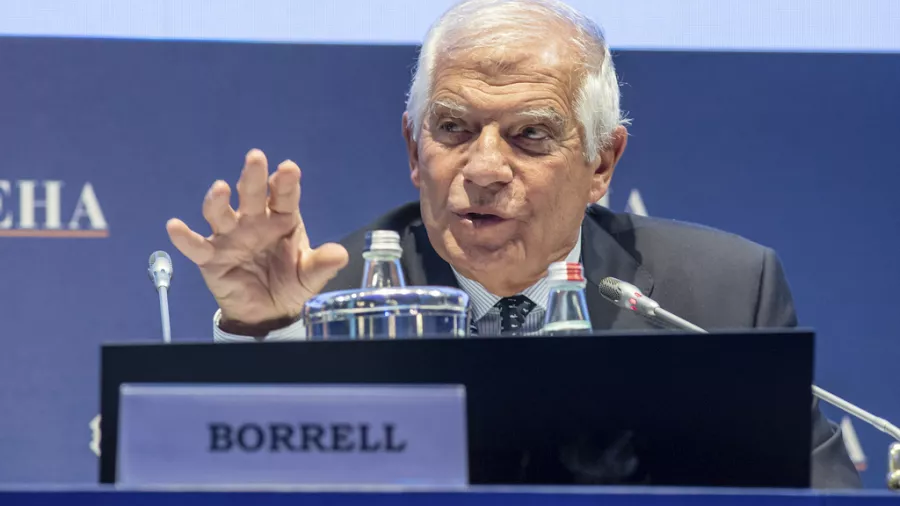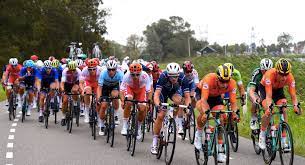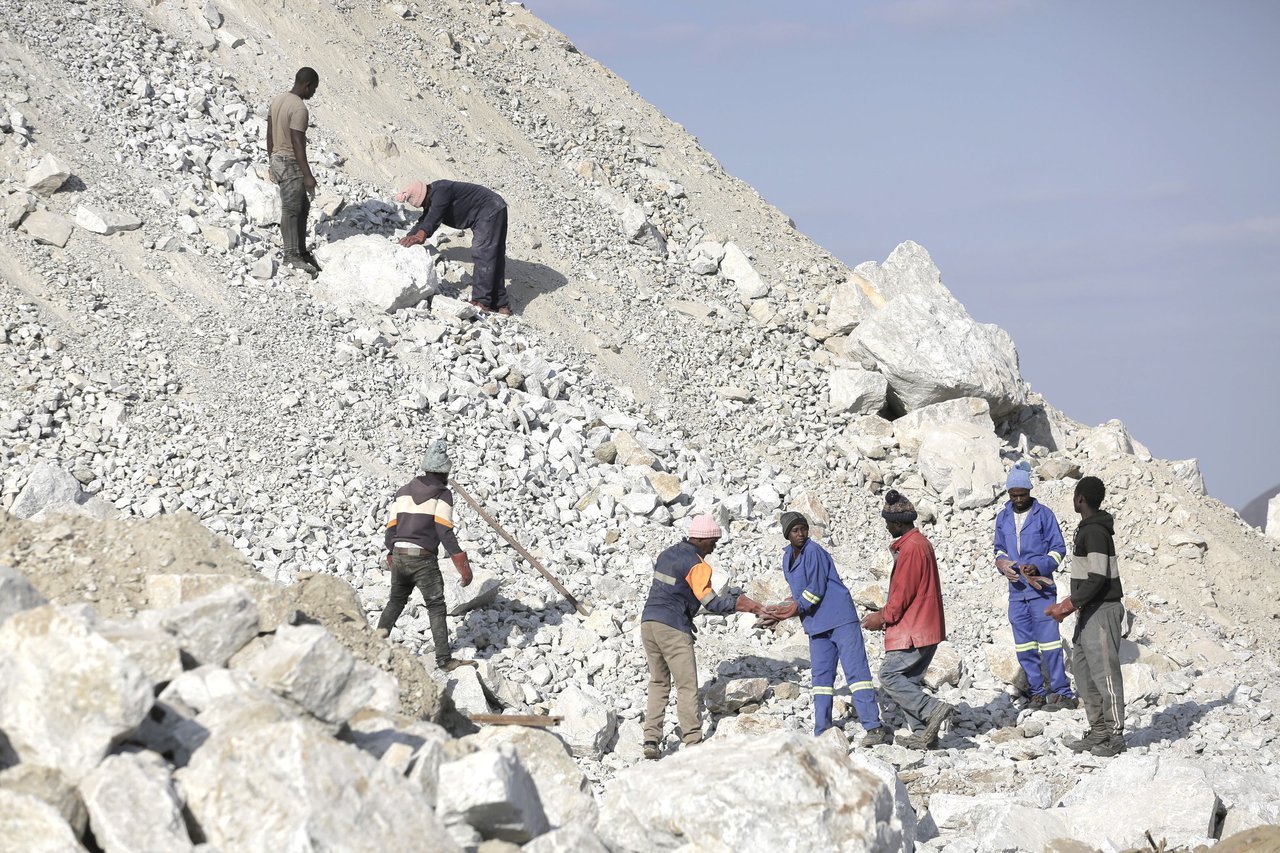Despite the €600 million spent by the European Union on training security personnel in the Sahel, the countries in the region had “failed to bolster democracy,” the head of EU diplomacy Josep Borrell has admitted in the wake of a series of recent coups, the latest of which were in Niger and Gabon.
Speaking at the European Parliament in Strasbourg earlier this week, the EU’s top diplomat told MEPs that the millions spent in military training in the Sahel had “not helped armed forces support democratically elected governments.” This is despite hundreds of millions of euros spent by the bloc over the past ten years on civilian and military missions in the Sahel, including training of some 30,000 members of the security forces in Mali and Niger, and 18,000 military personnel, said Borrell during a debate with the MEPs. “This did not serve to consolidate armed forces which support the democratic governments” but rather armed forces “which overthrow them,” he admitted.
Borrell, who serves as the High Representative of the European Union for Foreign Affairs and Security Policy, added that he did not see a “bright future” for a civilian training mission working with Niger’s interior security forces. Borrell, however, sought to defend the European activities in Mauritania, Chad, Burkina Faso, Niger, Mali, and Senegal because, as he insisted, the Sahel remains a “strategic” region for the security of Europe and the control of migration.
Asked what the EU could do, the EU’s top diplomat insisted on the need to “not abandon” the Sahel and to support the efforts of the ECOWAS, in particular in Niger. But he added that there might have been too much of an EU focus on building up militaries and not enough work done with civil societies in the region. “Should we revise our Sahel policy? Well, yes, it’s absolutely right that we should have a more strategic approach and less tactical approach,” Borrell said.



